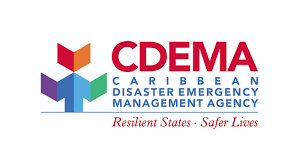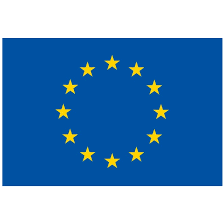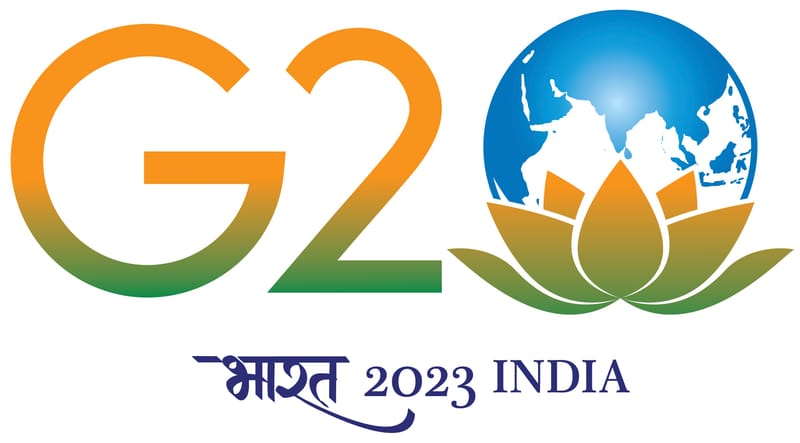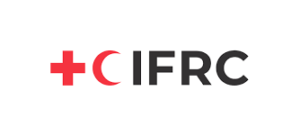INTERNATIONAL ORGANISATIONS AND MECHANISMS
The Capacity for Disaster Reduction Initiative (CADRI) is a global partnership composed of 20 organizations working towards the achievement of the Sustainable Development Goals by providing countries with capacity development services to help them reduce climate and disaster risk. UNDRR is an advisory partner.
Read MoreThe Caribbean Disaster Emergency Management Agency (CDEMA) is a regional intergovernmental agency for disaster management in the Caribbean Community (CARICOM) and comprises eighteen Participating States. The Agency was established in 1991 as CDERA (Caribbean Disaster Emergency Response Agency) with primary responsibility for the coordination of emergency response and relief efforts to Participating States that require such assistance. It transitioned to CDEMA in 2009 to fully embrace the principles and practice of Comprehensive Disaster Management (CDM).
Read MoreCREWS, launched in 2016, supports LDCs and SIDS in substantially reducing disaster mortality by 2030 and significantly increasing access to early warnings and risk information. The CREWS initiative contributes to the implementation of the Sendai Framework global targets A and G. UNDRR, WMO and World Bank/GFDRR serve as Implementing Partners of the CREWS Initiative.
Read MoreThe Coalition for Disaster Resilient Infrastructure (CDRI) launched at the 2019 Climate Action Summit under the leadership of Government of India and with the support of UNDRR is envisaged as a knowledge, exchange and capacity development partnership that will bring together national governments, private sector, academia, multilateral development banks, and UN agencies as key stakeholders. CDRI intends to play the role of a knowledge, innovation and institutional development platform that connects global resources with regional and sectoral demands for infrastructure resilience.
Read MoreAmong the CMDR COE’s top priorities is the maintenance of its stand as an indispensable source of expertise and advice in the field of crisis management and disaster response. Therefore, the Centre’s essential success indicators place significant emphasis on the ability to establish and foster collaborative partnerships across the international CMDR community of interest.
Read MoreMany European Union Institutions and bodies play important roles in addressing climate change in several different and overlapping ways. Of special importance is the 2024 European Environmental Agency publication of the first European Climate Risk Assessment (EUCRA) and the 2015 Preparedness Union Strategy to support Member States and enhance Europe's capability to prevent and respond to emerging threats.
Read MoreThe Mechanism aims to strengthen cooperation between the EU countries and 10 participating states on civil protection to improve prevention, preparedness, and response to disasters.
Read MoreThe Emergency Response Coordination Centre (ERCC) is the heart of the EU Civil Protection Mechanism. It coordinates the delivery of assistance to disaster-stricken countries, such as relief items, expertise, civil protection teams and specialised equipment.
Read MoreThe EU-LAC Memorandum of Understanding is a landmark agreement between the EU on the one hand and three intergovernmental organisations (CDEMA, CEPREDENAC, SG CAN) across Latin America and the Caribbean, as well as three individual country states (Chile, Cuba, Mexico) on the other.
Read MoreThrough sharing expertise and good practices and the development of guidance documents and common approaches, the Disaster Risk Reduction Working Group supports G20 countries to develop and implement national policies that reduce risk today and build resilience against future shocks and to promote disaster risk reduction in the work of international financial institutions and across the global financial system.
Read MoreGADRRRES aims at strengthening global coordination, increase knowledge, and advocate on risk reduction education and safety in the education sector. In support of the Sustainable Development Goals and in line with the Sendai Framework for Disaster Risk Reduction and Education 2030: Incheon Declaration and Framework for Action, GADRRRES promotes a comprehensive approach to DRR education through the Comprehensive School Safety Framework. This approach is based on education policy, plans, and programs that are aligned with disaster management at national, regional, district and local school site levels. UNDRR is a partner of the multi-stakeholder mechanism composed of UN agencies, international organizations, and global networks.
Read MoreEvery year, disasters and crises have devastating impacts on people, communities and entire societies around the world. The IFRC and its 191 National Societies respond to, and work to prevent or lessen the impacts of, all types of crises and disasters.
Read More










